Real Estate Transactions: Deed of Trust Vs. Mortgage
If you are buying real estate in California for the first time, you might be surprised that the bank or other lender financing your purchase is securing the loan with a “deed of trust” rather than a mortgage. What in the world is a deed of trust?
Well, it’s like a mortgage…mostly. Like a mortgage, a deed of trust is a security device that allows the lender to foreclose should you default on your loan. Since “mortgage” has become common parlance, often people will, knowingly or unknowingly, simply use the term mortgage when they are really referring to a deed of trust. Although the term is not commonly used, the device is not as rare as you might think: the deed of trust is the most common security device in 19 states, plus Washington, DC, although only eight states require that home loans be secured by a deed of trust.
The deed of trust rose to popularity because it has one significant advantage over a mortgage for the lender: a deed of trust allows for non-judicial foreclosure. That is, if you default on a mortgage, foreclosure requires the time and expense of a court. However, deeds of trust contain a power-of-sale clause that allows for a process of foreclosure outside the courts.
When a deed of trust is signed, the agreement is not just between the borrower and lender—it includes a third-party: the trustee. In both the case of a mortgage or a deed of trust, the borrower gives over legal title to secure the loan in case of default, but a mortgage gives legal title to the lender directly, whereas a deed of trust places legal title in a third-party trust. The borrower retains equitable title, meaning that the borrower has the right to use and “enjoy” the property, but is not technically the legal owner (see our previous post, “Real Estate Transactions: Legal vs. Equitable Title”).
The deed of trust became the dominant security instrument very early in California’s history: in fact, the court affirmed the validity of the power-of-sale clause in 1851, only a year after California achieved statehood, and non-judicial foreclosures have been available in California since 1848 (Ghent 2012). Over time, the legal distinction between a mortgage and deed of trust mostly disappeared, such that “in California there is little practical difference between mortgages and deeds of trust … deeds of trust are analogized to mortgages, and the same rules are generally applied to deeds of trust that are applied to mortgages” (Domarad v. Fisher & Burke, Inc. (1969), 270 Cal. App. 2d 543).
Haynes v. EMC Mortgage (2012), 205 Cal. App. 4th 329
However, there is one key distinction: if the holder of a mortgage transfers a mortgage to a third party, the assignment must be recorded before exercising the power to sell. In Haynes v. EMC Mortgage, the court determined that this provision did not apply to a deed of trust—the assignment of a mortgage is not analogous to the assignment of beneficial interest in a deed of trust.
The court’s reasoning was that the explicit purpose of requiring that the assignment to a new mortgagee to be recorded is to ensure that “a prospective purchaser knows that the mortgagee has the authority to exercise the purchase of sale,” not to inform the borrower who holds their loan. The provision is to protect a buyer from unwittingly purchasing an encumbered title. Because the deed of trust means that “the trustee conducts the sale and transfers title,” not the lender, the recording is not relevant to the foreclosure.
This means that transferring beneficial interest in a deed of trust to a different lender without recording the new assignment doesn’t invalidate a foreclosure. It’s a small technicality of California law, but it does show that subtle differences exist between deeds of trust and mortgages.


